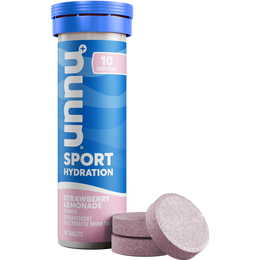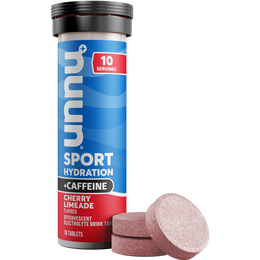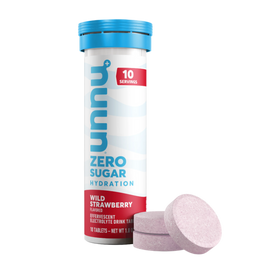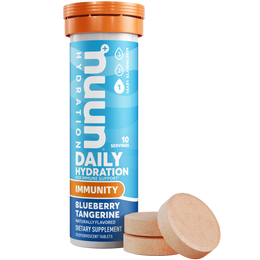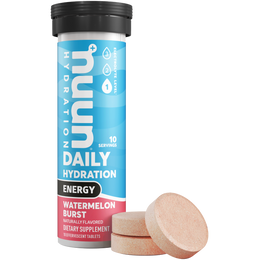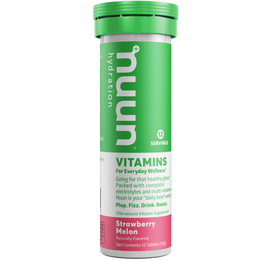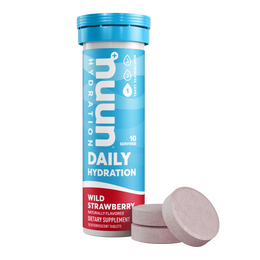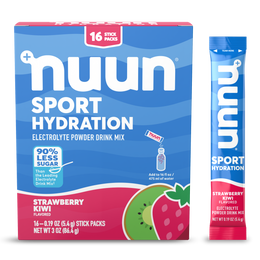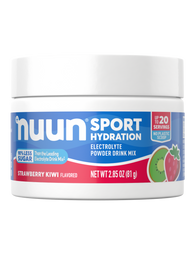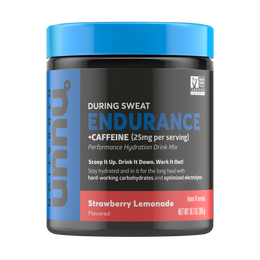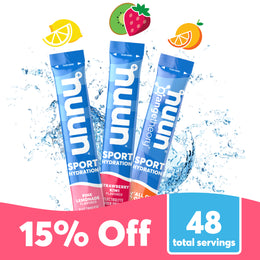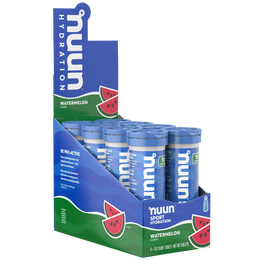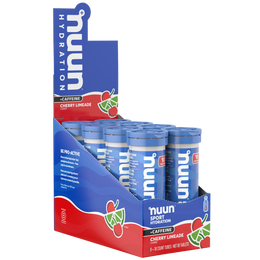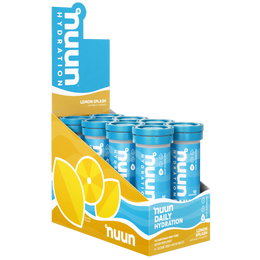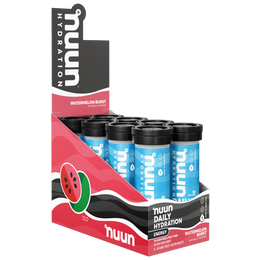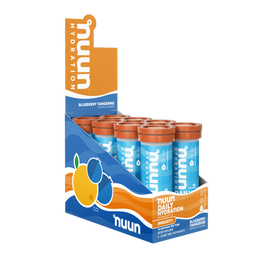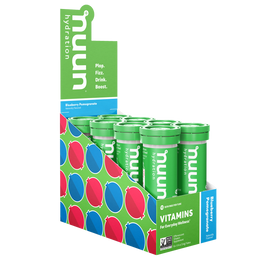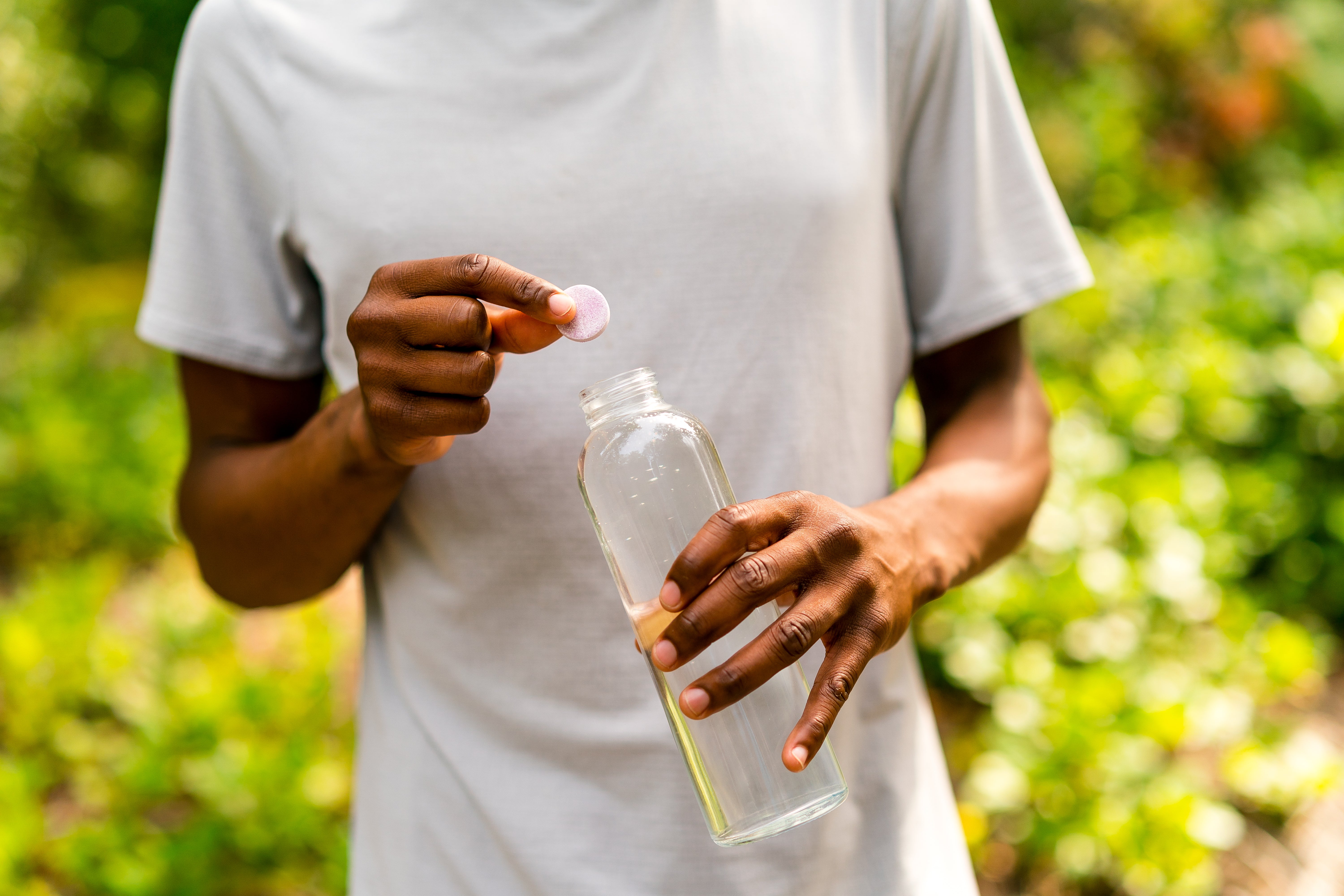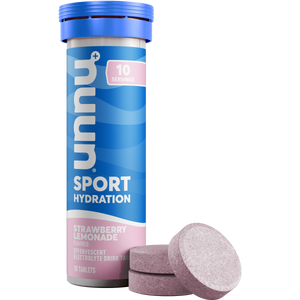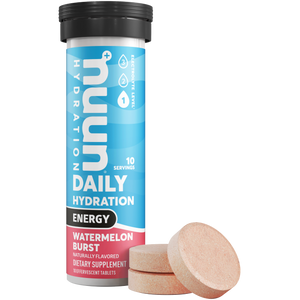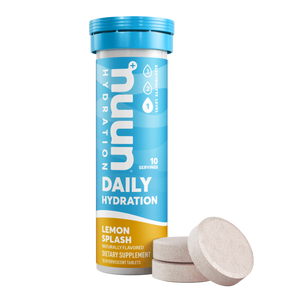We all know the importance of staying hydrated, but can you drink too much water? We understand that hydration is crucial for our health and well-being, overhydration is a lesser-known but significant risk. Overhydration, or drinking excessive amounts of water to the point of water toxicity, can lead to serious health complications.
What is Overhydration?
Overhydration occurs when the body takes in more water than it can expel, leading to an imbalance in electrolytes.i This can dilute the sodium levels in your bloodstream, a condition known as hyponatremia.ii Proper fluid balance is essential for health; both dehydration and overhydration can have adverse effects on your body.
How Can You Become Overhydrated?
Overhydration typically occurs in scenarios where there is excessive water intake without adequate electrolyte balance. Common situations include:iii
- A condition or problem with the kidneys that prevent them from expelling extra water.
- Drinking more water in the name of health, but more than the kidneys can process.
- Heart or kidney failure; cirrhosis of the liver.
- Endurance athletes consuming large amounts of water during prolonged physical activity.
- People on certain medications that increase water retention.
It's important to balance water intake with electrolyte consumption, especially during intense physical activities.
Signs and Symptoms of Overhydration
Recognizing the signs and symptoms of overhydration is crucial for preventing serious health issues. However, overhydration can often be asymptomatic unless you have existing problems with your heart, kidneys, or liver.i If they do show up, symptoms of overhydration may include:ii
- Low energy
- Nausea and vomiting
- Headache
- Confusion and disorientation
- Muscle cramps or weakness
-
Excessive urination
The Risks of Overhydration
The medical complications associated with overhydration can be severe. One of the most critical risks is hyponatremia, a condition characterized by dangerously low sodium levels in the blood. Other risks include:
- Short-term effects like nausea, vomiting, and headaches.
- Long-term health issues such as impaired kidney function.
- Neurological symptoms due to brain swelling, including seizures and coma.
Treatment and Management of Overhydration
If someone shows signs of overhydration, initial treatment steps include:ii
- Reducing water intake immediately: Stop drinking water to prevent further dilution of sodium levels in the bloodstream.
- Consuming electrolyte-rich foods or drinks: Replenish electrolytes to help restore the balance of sodium and other essential minerals in the body.
In severe cases, medical help should be sought to manage overhydration effectively. Healthcare professionals can provide intravenous electrolyte solutions and closely monitor progress.
Short-term Treatment and Management
- Stop Drinking Excess Water: Immediately cease consuming water to prevent further complications. Monitor fluid intake to ensure no additional water is consumed until symptoms subside.i
- Electrolyte Replacement: Consume electrolyte-rich drinks or use electrolyte tablets or powders. Eat foods high in electrolytes, such as bananas, avocados, and spinach.
- Monitor Symptoms: Keep an eye on signs of improvement or worsening conditions. Track symptoms like nausea, headache, and muscle cramps for any changes.
- Seek Medical Attention if Necessary: If symptoms are severe or persist, seek emergency medical care. Doctors may administer intravenous electrolytes and provide specific treatments based on individual needs.i
Long-term Treatment and Management
- Consult Healthcare Providers: Work with a healthcare provider to develop a personalized hydration plan. Discuss any underlying health conditions that may affect fluid balance.iv
- Tailor Hydration Strategies: Adjust fluid intake based on activity level, climate, and individual health needs. Athletes should have specific hydration strategies that include electrolyte intake.
- Educate on Hydration: Learn the signs and symptoms of both dehydration and overhydration. Understand the importance of balancing water intake with electrolytes.
- Use Electrolyte-Enhanced Products: Incorporate products like Nuun electrolyte tablets into your daily routine. Use these products during and after exercise to help maintain electrolyte balance.
- Monitor Fluid Intake: Keep track of how much water you drink each day. Be mindful of not exceeding recommended daily intake levels without compensating with electrolytes.
- Regular Health Check-ups: Schedule regular check-ups with your healthcare provider to monitor hydration status. Adjust hydration strategies based on medical advice and any changes in health.
By following these short-term and long-term treatment and management strategies, you can effectively prevent and address overhydration. Hydration is key to a healthy lifestyle, but it's essential to maintain the right balance of electrolytes to avoid potential health risks.
Preventing Overhydration
Preventing overhydration involves understanding how much water is safe to drink daily and recognizing your body's signals. Here are some guidelines:
- Drink according to your thirst rather than adhering to a fixed amount.
- Balance water intake with electrolytes, especially during and after exercise.
- Be mindful of the signs of both dehydration and overhydration.
Electrolytes play a crucial role in ensuring healthy hydration. Nuun Sport delivers science-backed hydration, providing the 5 main electrolytes lost in sweat to replenish what you lose, keep your body in balance and empower your movement.
Balanced water consumption is essential for health. While staying hydrated is important, it's equally important not to overdo it. By hydrating smartly and not just abundantly, you can avoid the risks associated with overhydration. Explore Nuun products that can help maintain optimal hydration levels and live life more hydrated.
References:
i: Quick Facts: Overhydration - Merck Manual Consumer Version (merckmanuals.com)
ii: Hyponatremia: Causes, Symptoms, Diagnosis & Treatment (clevelandclinic.org)
iii: Overhydration - Hormonal and Metabolic Disorders - Merck Manual Consumer Version (merckmanuals.com)
